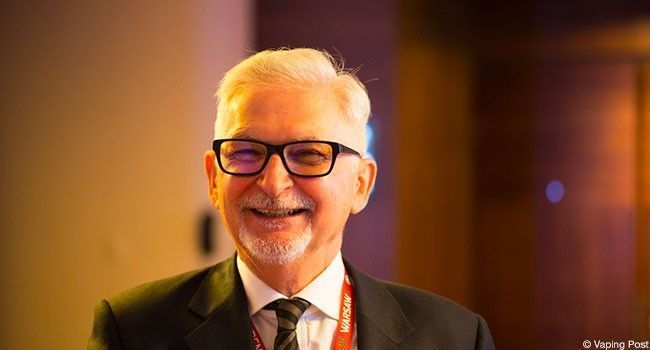FROM COP10 – TO THE WHO’s FRAMEWORK CONVENTION ON TOBACCO CONTROL (FCTC)
The public health group Knowledge-Action-Change (KAC), a leading tobacco harm reduction organization, which was established 40 years ago and is based in the United Kingdom, condemned the exclusion of harm reduction consumer groups from the main discussions of the 10th Conference of the Parties (COP 10) to the World Health Organization’s Framework Convention on Tobacco Control (FCTC), which was scheduled to be held in Panama this month, but was postponed to an unspecified date in 2024.
In its latest report, published as part of the Global Tobacco Harm Reduction Initiative and translated into 13 languages, KAC revealed that there are nearly 112 million people worldwide using low-risk nicotine products. The report states that ignoring the importance of global consumer advocacy groups in this field or their exclusion from discussions that will shape international nicotine policies will deprive the conference of the opportunity to learn from real-world insights and experiences to support the future of tobacco harm reduction policies.
The report identified 54 consumer advocacy groups for tobacco harm reduction products in Western Europe, Latin America, Africa, North America, and the Asia-Pacific region. However, none were identified in Eastern Europe, Central Asia, or the Middle East. The report also noted that many of these groups were affiliated with four regional umbrella organizations covering Latin America (ARDT Iberoamerica), Africa (CASA), Europe (ETHRA), and Asia-Pacific (CAPHRA).
The report asserts that consumer groups, which are formed by people who have switched from traditional cigarettes to safer alternatives, have essential insights into how to solve the problem of smoking. They know the needs of smokers, and they also know how consumers use alternative products. With an estimated 1.1 billion people currently smoking worldwide, and an estimated 8 million smoking-related deaths each year, the experience and insights of people who have found different ways to quit smoking become a powerful element that politicians and regulators should pay attention to.
The report continues to assert that silencing millions of these voices on issues that directly affect them is unacceptable, especially in the face of widespread opposition from the WHO to the harm reduction concept, which is pushing participants in the conference towards a predetermined outcome of imposing severe restrictions and bans on products that could save lives.
For his part, Co-founder of KAC, , Professor Gerry Stimson, called for the need to listen to consumer advocacy groups, as their experiences are a testament to the possibility of harm reduction. As in other similar public health fields, there must be recognition of the contribution that consumer advocacy groups can make to guide decision-making at meetings such as the 10th Conference of the Parties (COP10).
The report notes that consumer advocacy groups are educating their fellow consumers and policymakers without any funding where the total funding received by all 52 consumer groups included in the Global Tobacco Harm Reduction Initiative study in 2022 was $309,810. Meanwhile the Campaign for Tobacco-Free Kids received $160 million from Bloomberg Philanthropies to launch a global campaign against vape flavors, which is really important for people who are switching from cigarettes, over a three-year period.
Director of External Engagement, Jessica Harding, at Public Health Group KAC, who herself quit smoking using e-cigarettes said, “The funding discrepancy between the anti-tobacco harm reduction lobby and these groups is vast, yet consumer advocates are very successful at ensuring the voices of those most affected can be heard.”
The report concludes that in other similar areas of public health, there is recognition of the importance of lived experience in decision-making. Similarly, governments around the world should recognize consumers of safer nicotine products as important voices in the collective efforts to reduce the harm of smoking.



